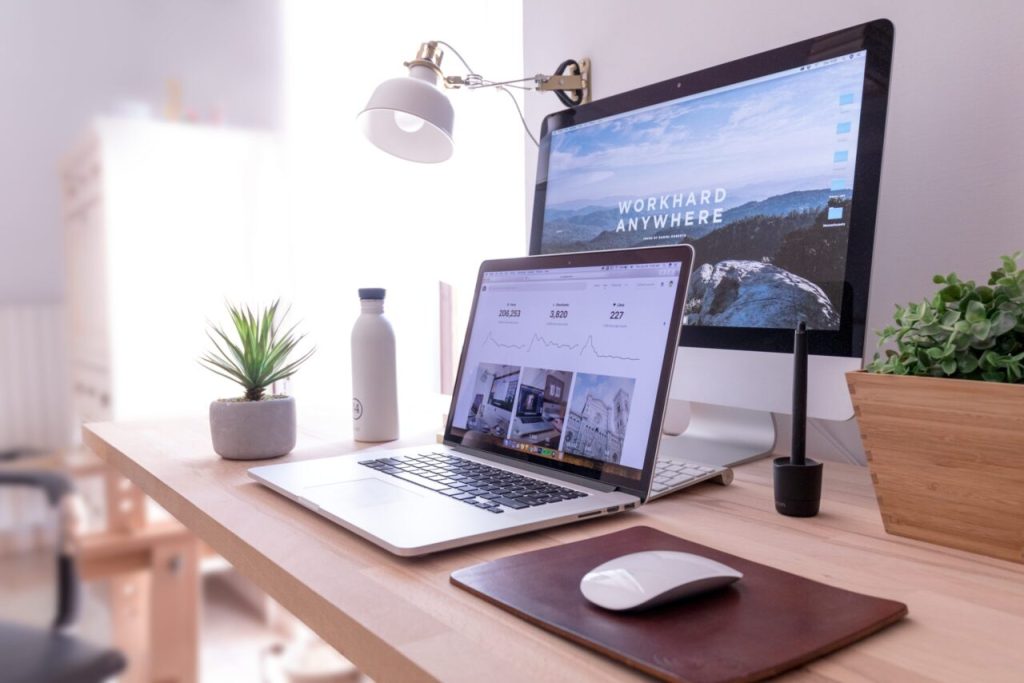Small and Medium Enterprises are the soul of a country’s economy. As at 2017, the Nigeria Bureau of Statistics (NBS) and Small & Medium Enterprises Development Agency (SMEDAN) report showed that the total number of enterprises in Nigeria registered with the Corporate Affairs Commission (CAC) was estimated at 41.5 million, spread out across the 36 states in the country. The breakdown further shows that microenterprises constitute a high 99.8% (41.4 million) of total SMEs.
The entry barrier into Small businesses is low in terms of initial capital outlay, hence they spring up on a daily basis. However, SMEs have a generally poor survival rate and this is not peculiar to Nigeria. A publication in the European Journal of Sustainable Development in 2014, in a Port-Harcourt case study, shows that Most SMEs in Nigeria die within their first five years of existence, a smaller percentage goes into extinction between the sixth and tenth year while only about five to ten percent survive, thrive and grow to maturity.
Are you an SME entrepreneur or you are about to start one and you are wondering how to not become one of the casualty figures? See below some of the mistakes you should avoid making to increase your chances of survival in the non-clement business environment that Nigeria presents.
Not doing enough research before going into the business

Many entrepreneurs jump into setting up their businesses without doing enough research to understand the nature of the business, the key players, the current and future levels of competition, etc. A knowledge of this will help you understand how to position yourself and be different from everyone else. You do not have to spend big to do initial research. You can look for a current industry player who can mentor you based on their experience and also do some desktop research.
Not doing a reliable estimation of power supply needs

Nigeria is plagued by the inability to generate and transmit electrical power enough to provide 24/7 cover and today, a lot of artisans and small business owners whose trades/businesses are dependent on power have taken to other endeavors – the easiest being “Okada-riding”.
More than a decade ago, the production of ice blocks on a large scale was “booming” or at least I thought it was. I invested in a fabricated ice-making machine and got a 10KVA generator as a backup power supply. Unfortunately, the power supply was so bad that the generator became the main power supply which, of course, was not sustainable given the cost of diesel. This business depended entirely on power availability and I had to fold it up at some point.
My advice to you as a small business entrepreneur, try to choose a business niche that doesn’t depend entirely on power. The cost of generating power as backup might not be sustainable for you.
Not separating your business from your personal expenses

Another common mistake made by small business owners is their inability to separate the finances of the business from their own personal finances. You should never take money out of your business until you break even, and then plow back your profit for a while before you start paying yourself.
Moreover, the majority of small business owners lack proper bookkeeping/accounting practices and cannot really tell how much profit/loss they are making, among other important accounting parameters. It doesn’t have to be complex. Basically, you need to be able to track at least, the following monthly:
Total sales
Total Purchases
Total expenses
Gross Profit
Not managing cash flow adequately

Cash flow is simply the liquid money you need to have from time to time to ensure you are able to meet up with financial obligations like purchases and other running costs/expenses. Businesses in general run into problems when they cannot manage their cash flow adequately. Cash flow could become inadequate as a result of periodic sales reduction or an unnecessarily high-value inventory. This results in missed opportunities, inability to fulfill supplier obligations, poor employee morale, stress, restricted growth, and eventual solvency if the situation doesn’t improve.
Working in your business and not on it
What does this mean? You need to have a life outside of your business otherwise your business becomes your life, which can lead to profound stress. Of course, when starting out, you need to put in your efforts to set it up for success by playing different roles. However, you also need to approach the business in such a way that at some point, it will not mandatorily require your physical presence to operate. This is called working on your business by putting in the necessary structure with time, otherwise, you are just another employee, even though it is your business.
Lastly, take note and move with the future of work trends.
For more resources on this, check out the book E-Myth Revisited by Michael E. Gerber or visit this website.




Pingback: 5 Effective Ways to put your Brick-and-Mortar Business Online - Ideas Pro Life
Pingback: How to Start a Successful Retail Pharmacy in Nigeria in 7 Steps - Ideas Pro Life